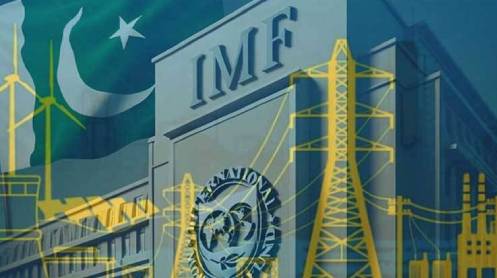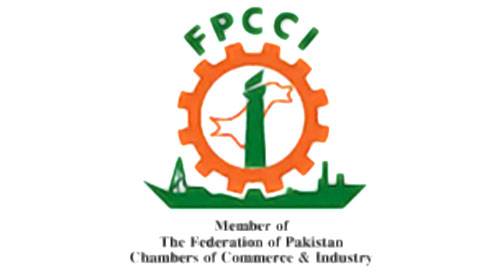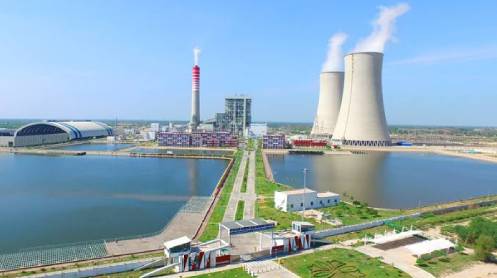ISLAMABAD: The International Monetary Fund (IMF) has blocked the government’s proposed reduction in electricity tariffs, delaying the staff-level agreement (SLA) on the first biannual review of the $7 billion Extended Fund Facility (EFF).
Media reports suggested that Prime Minister Shehbaz Sharif was expected to announce an Rs8 per unit reduction in electricity rates during his March 23 address to the nation. However, no such relief package was mentioned in his Pakistan Day speech. Instead, he chaired a high-level meeting on the power sector to address last-minute hurdles. The meeting was attended by Power Minister Awais Leghari, Economic Affairs Minister Ahad Cheema, Privatisation Minister Muhammad Ali, Special Assistant to the PM Tauqeer Shah, and other officials.
Power Tariff Reduction Plan Blocked by IMF
On March 15, the Prime Minister’s Office had announced that petroleum prices would remain unchanged, despite calculations by the oil regulator and petroleum division suggesting a reduction of up to Rs13 per litre. The government had intended to use the financial cushion from oil price adjustments to provide relief in electricity tariffs.
However, the proposed tariff cut had to pass IMF scrutiny, as the global lender is currently reviewing Pakistan’s economic performance for the first half of the fiscal year and projections until June 30, 2025. According to officials, the IMF did not approve the government’s calculations, deeming them inconsistent with its financial framework.
During review talks held between March 4-14, the government initially suggested a Rs2 per unit reduction in power tariffs by renegotiating contracts with Independent Power Producers (IPPs). Later, an alternative plan was proposed to increase the petroleum levy on petrol and diesel by Rs10 per litre—reaching the maximum Rs70 limit allowed under the Finance Act 2025—to offset the revenue loss and provide further tariff relief of Rs2-2.50 per unit.
One official stated, “The IMF should not object since this was a revenue-neutral measure—raising petroleum levies while reducing power tariffs would not create a fiscal deficit.” However, the IMF insisted on a comprehensive economic outlook before approving any such trade-offs.
NEPRA and Net Metering Policy Reforms
Meanwhile, the National Electric Power Regulatory Authority (NEPRA) is reviewing petitions from power distribution companies (Discos) for annual base tariff revisions. Despite renegotiations with a civil-military task force, only 6-7 IPPs have submitted revised tariff adjustment petitions to NEPRA. Additionally, the power division has filed a petition for changes in the solar net-metering policy, which is still under review.
Sources revealed that former Finance Minister Miftah Ismail’s criticism on social media regarding the proposed net metering changes had also sparked concerns within the government. During Sunday’s meeting, Prime Minister Shehbaz Sharif reaffirmed his commitment to promoting renewable energy and directed officials to clarify the government’s solar policy.
The Economic Coordination Committee (ECC) had already approved a two-thirds reduction in buyback rates for future solar net-metered consumers, along with other restrictions. The power minister has advocated for large-scale solar energy projects through private-sector bidding rather than expanding net metering for individual consumers.
Privatisation and Future Outlook
The Prime Minister also emphasized the swift resolution of legal and regulatory matters related to the privatisation of power generation companies and directed an expedited process for the privatisation of distribution companies.
Despite the IMF’s objections, he reiterated that a revised electricity tariff relief package is in the works and will be announced soon. Additionally, he instructed the power division, water resources division, and petroleum division to enhance coordination for a unified energy strategy.
Story by Khaleeq Kiani





